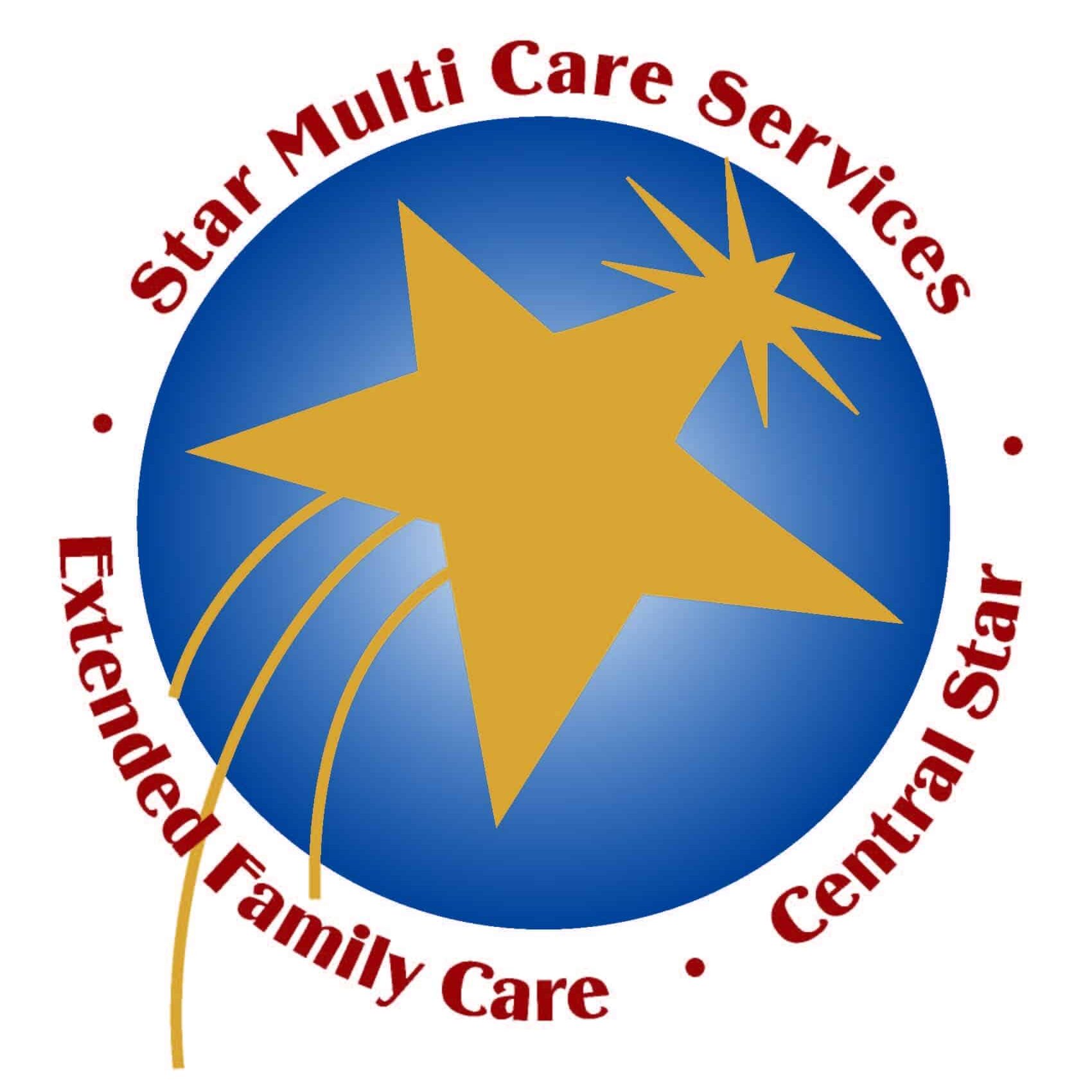
Diabetes affects approximately 25% of people ages 65 and older in the United States. When a person has diabetes, their body is unable to process food into energy because the body does not make enough insulin or isn’t able to properly use insulin. There are two common types of diabetes, Type 1 and Type 2. Type 1 diabetes is usually diagnosed during childhood. Type 2 diabetes is generally diagnosed when a person is an adult and is the most common kind of diabetes. There are several risk factors for diabetes, including age, activity level, family history, and obesity. When diabetes goes untreated, it can result in damage to the heart, eyes, kidneys, and nerves. Because diabetes is common in the elderly, it’s important that those receiving senior care be monitored for symptoms of diabetes.
Symptoms
There are several symptoms that are common to Type 2 diabetes, but some people have only very mild symptoms that make them difficult to notice. Some of the common symptoms are:
- Blurred vision.
- Extreme tiredness.
- Feeling hungry even after eating.
- Excessive thirst.
- Bruises and cuts that heal more slowly than normal.
- Pain, numbness, or tingling in the feet or hands.
Getting Checked
Being diagnosed with diabetes usually requires a person to be tested twice. There are a few different kinds of tests that a doctor can use, such as:
- A1C: This test measures the blood glucose levels over a period of 2 to 3 months to determine an average. Results of 6.5% or more indicate a positive diagnosis for diabetes.
- Fasting Plasma Glucose (FPG): The FPG test requires the patient to fast for 8 hours, so it is usually performed in the morning before breakfast. A positive diagnosis is assigned at 126 mg/dl or more.
- Oral Glucose Tolerance Test (OGTT): The OGTT test checks blood glucose levels 2 hours after the patient drinks a sweet drink. It shows how the patient’s body processes glucose. The test is positive at 200 mg/dl or more.
- Random or Casual Plasma Glucose Test: When a patient has severe diabetes symptoms, a doctor may perform this test at any time of the day. If the test results are 200 mg/dl or higher, it is considered positive for diabetes.
Although diabetes is a serious condition, it can be controlled with proper medical attention. Medication is often a key component to controlling blood glucose levels. Doctors also recommend that diabetics eat a balanced diet and exercise regularly. If your parent is at risk for diabetes or has already been diagnosed with diabetes, hiring a caregiver from an agency to provide senior care at home can help ease your worries. A home caregiver can watch for symptoms or remind your parent to take their medicine. A caregiver can also help your parent prepare healthy meals and engage in activities to keep them active.
If you or an aging loved one are in need of senior care in Floral Park, NY or the surrounding areas, contact the caring professionals at Star Multi Care Services today at (631)956-8835. We are the Right Choice for Home Health Care Services!
- Helping Seniors Age in Place - March 12, 2025
- Companion Care VS Licensed Home Health Care - March 10, 2025
- Senior Scam Seminar – Protecting Our Seniors - March 10, 2025

